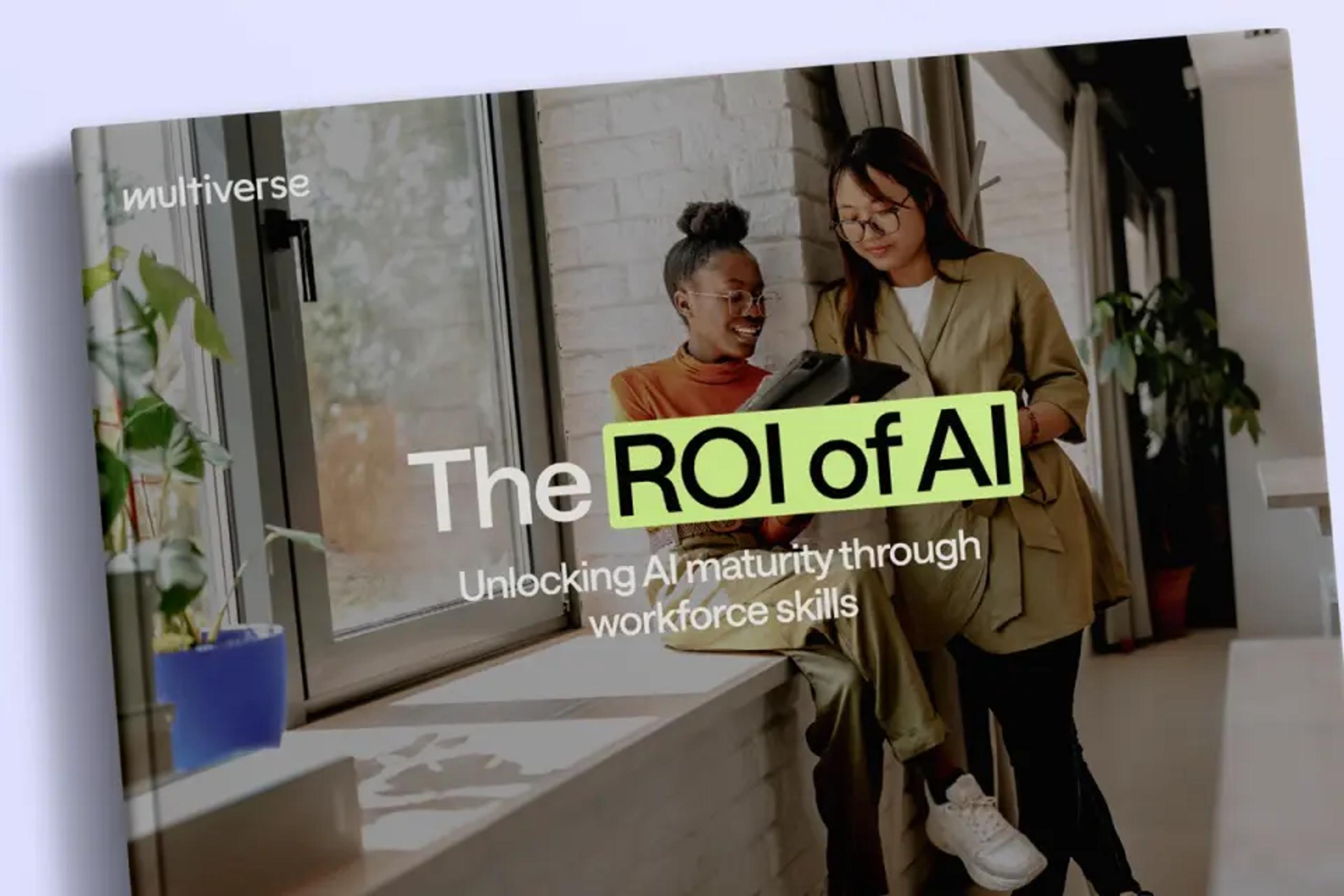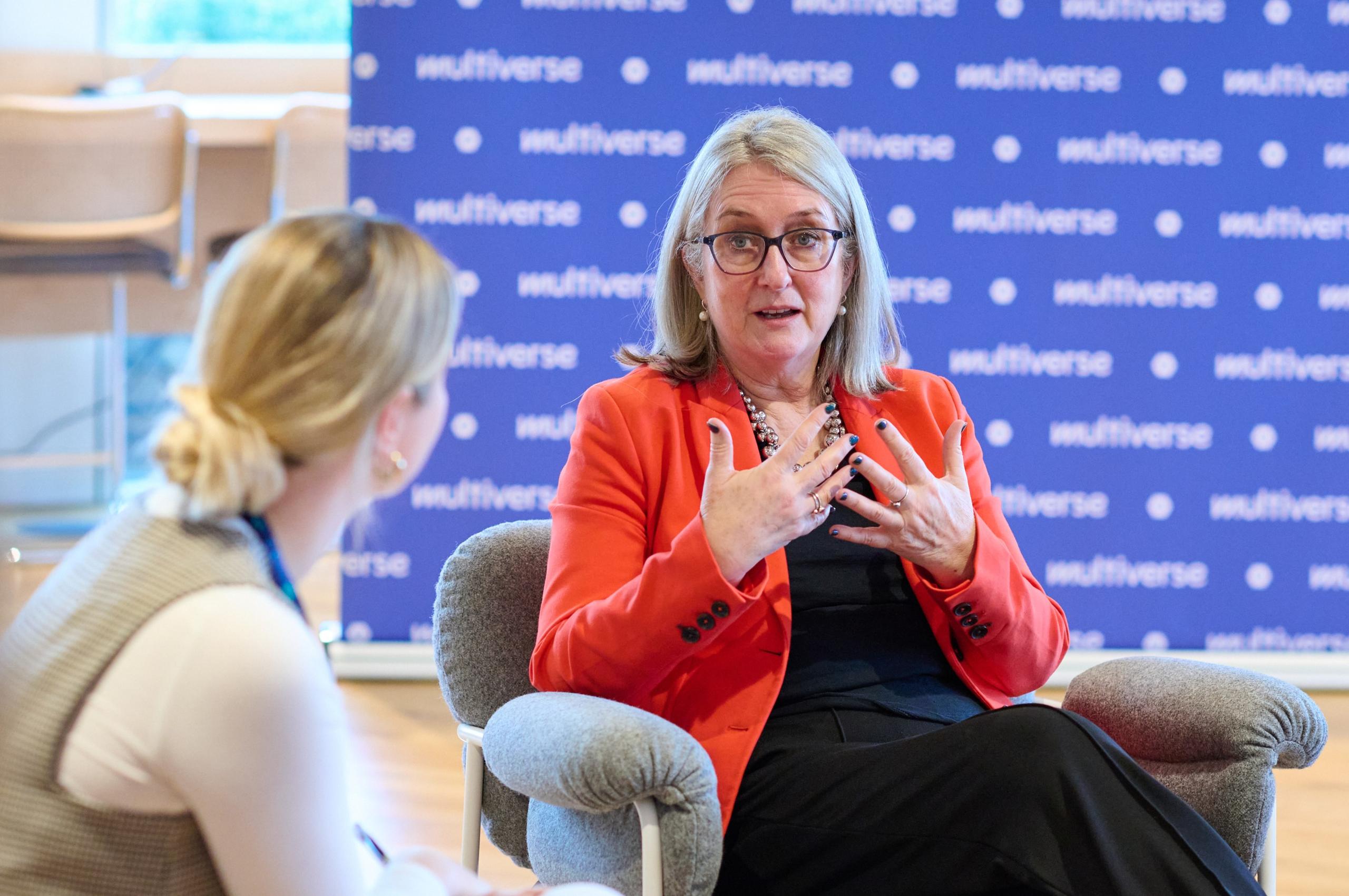Training will upskill 70 staff in critical digital and AI skills to deliver better student experiences
The University of Manchester is launching AI and data programmes for 70 professional services staff through a new Data & AI Academy, in partnership with Multiverse. This new initiative is part of a drive from the University to better leverage its technology tools and data.
The development of these skills will increase staff efficiency through the automation of manual processes and future proof the workforce for the next decade. The ambition of the Data & AI Academy is to expand across the University’s professional services teams in 2025.
Training is funded by the apprenticeship levy and delivered by Multiverse, a tech company that specialises in high-quality training through applied learning. Multiverse has trained more than 16,000 apprentices at over 1,500 organisations in data, AI and digital skills since 2016.
Programmes include ‘AI for Business Value’, which will help learners to identify operational and commercial gains that can be achieved through using AI responsibly. This will allow them to design AI solutions with key areas like student experience and organisational development in mind.
The ‘Data Fellowship’ will upskill employees in data analysis and help the University develop a team of data specialists to implement its 10-year futureproofing framework. Meanwhile ‘AI Powered-Productivity’ will help teams to boost their output at work through the use of Microsoft 365 Copilot. This will be crucial to help deliver value from the University’s forward-looking investment in the technology.
According to Multiverse’s Skills Intelligence Report, the education sector is most impacted by a lack of data skills, with 38% of employees’ time working with data spent unproductively, compared to the average of 30% across 18 other sectors.
The University of Manchester’s Data & AI Academy will lead the way in mitigating this risk by offering tailored training programmes to enhance data analytics and AI skills among staff. This will foster a more data-driven workforce that can effectively leverage technology to improve student experiences.
PJ Hemmaway, Chief Information Officer at The University of Manchester said: “I’m thrilled to be partnering with Multiverse to offer these unique and highly relevant professional development opportunities to our colleagues. Together, we have developed an approach to increase our digital confidence around data and AI which will help us immensely to prepare for the challenges that lie ahead.
“Data and AI skills will be critical in the future and I’m eager to see the first cohort of colleagues upskill and learn how to harness the power of innovative technologies for the benefit of our University community and our student experience, as we prepare ourselves for what’s to come.”
Robert Williams, Apprenticeships Programme Manager at The University of Manchester said: “We are excited to join forces with Multiverse to introduce the Data and AI Academy, a dynamic addition to our growing apprenticeship offering at the University of Manchester. This partnership underscores our commitment to supporting staff development and highlights the vital role apprenticeships play in driving personal and professional growth across our institution”
Euan Blair, CEO at Multiverse said: “The University of Manchester is adopting a strategic approach to give its skilled teams more time, enabling them to concentrate on what truly matters. Already recognised as a leading institution for students, this new academy demonstrates its commitment to supporting employees as well.”









